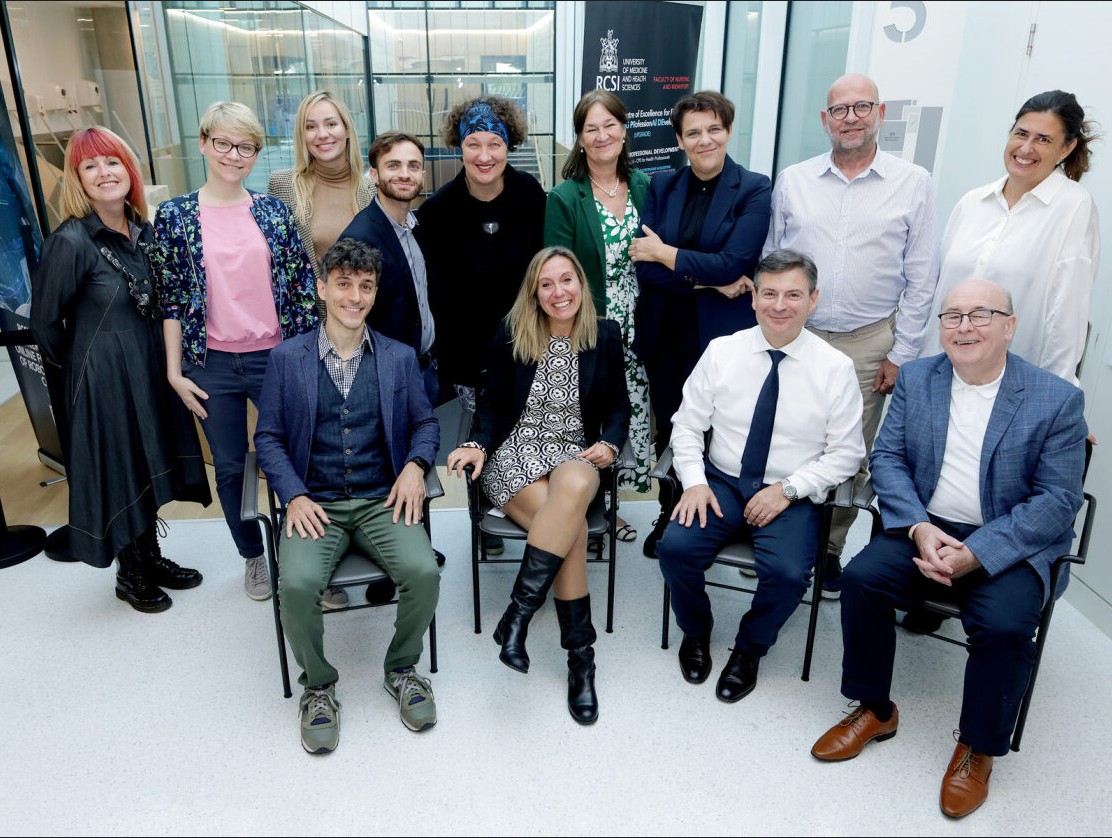The Re.Ma project aims to promote the acquisition of competences of SME managers, in the adoption of remote management strategies and the use of related tools. A survey was conducted among SMEs to assess their current practices, technological capabilities, and attitudes toward remote work and management. The findings provide insights into the preparedness of SMEs for remote work and highlight areas for improvement. SMEs with strong IT infrastructure, organizational culture, employee skills and training, and management practices are more prepared for remote management.

To enable remote work and management, SMEs should invest in technological infrastructure, encourage a culture of trust, autonomy, and open communication, provide skills development, and modify management procedures. The COVID-19 epidemic has compelled SMEs to reevaluate their management tactics, with remote work and management techniques becoming increasingly common. The survey was conducted using an online questionnaire distributed to small and medium-sized enterprises (SMEs) in the partners’ regions. The data collected from the survey was then analyzed to identify trends, patterns, and insights related to SMEs’ business readiness and remote management readiness. The survey aimed to assess industry representation, team structure, cultural readiness, technical readiness, strategies for equipping and educating team members, documentation of remote working procedures, and use of project management platforms.
The findings aim to inform organizations, policymakers, and other stakeholders about the current state of remote work preparedness and highlight areas where support and improvement are needed. The survey participants represented a variety of industries, including IT, business/consulting, education, retail, pharma, car leasing, toys & gaming, agrifood, renewables, and printing services. Most organizations were in Greece (43%), followed by Czechia (33%), Germany (13%), Malta (7%), and Belgium (3%). Staff size was the most common range, with 20 or more employees accounting for 57% of the responses. The current team structure was “Hybrid” (23%), followed by “Remote first” (23%), “Remote only” (20%), and “Remote allowed” (17%).
Cultural readiness for remote work was divided into four categories:
- transparency of management/ownership with their team,
- environment of trust,
- transparency in communication and documentation, and
- willingness of management/ownership to gather feedback from remote workers.
Organizations reported varying levels of readiness for remote work across four dimensions:
- Technical readiness for remote work was assessed across three dimensions:
- digital communication tools,
- secure access to sensitive information, and
- remote IT infrastructure.
Strategies for equipping and educating team members included online calls, videos, documentation, hosting better virtual meetings, setting clear expectations and goals, providing regular feedback, conducting effective training schedules, online orientation, regular check-ins or meetings, seminars, training, direct communication, access to digital collaboration tools, workshops, provision of hardware, bringing in external support, determining training needs based on team input, hands-on exercises, better documentation, face-to-face individual training, workshops, and investing in training time if allowed. The survey data from three major locations, Greece, Czechia, and Germany, revealed varying levels of response to the survey questions.
Greece had the highest representation of organizations in the survey, with 50% coming from Greece. Czechia had the highest percentage of organizations following a physical/no remote structure, while Greece had the highest percentage of organizations embracing a remote first structure. Greece had the highest percentage of organizations characterizing their cultural readiness for remote work as strong, while Germany had the highest percentage of organizations characterizing their technical readiness as strong. These findings emphasize the importance of considering regional context and differences when designing policies and support mechanisms to enhance remote work readiness among SMEs. The survey data showed that the IT industry had the highest percentage of organizations following a remote first-team structure, while the Business/Consulting industry had a more diverse distribution.
The IT industry had the highest percentage of organizations characterizing their cultural readiness for remote work as strong, while the Business/Consulting industry had a more balanced distribution. The “Other” category displayed varied responses in cultural readiness. The survey analysis revealed that SMEs in the partners’ regions exhibit a range of readiness levels for remote work. The IT industry stands out as a leader in terms of embracing remote work structures and demonstrating strong cultural and technical readiness, while the Business/Consulting industry shows a more diverse landscape with organizations adopting different team structures and exhibiting a range of readiness levels. There is room for improvement in areas such as transparency, trust, communication, documentation, and equipping team members.





 The course emphasizes the importance of blended learning, microlearning, gamification, and collaborative learning in creating engaging and personalized learning experiences. In a pilot testing phase, four trainers highlighted the benefits of e-learning, including flexibility and the ability to leverage face-to-face interactions. Microlearning, with its small, easily accessible modules, is recognized as effective for learners with limited attention spans and busy schedules. Gamification techniques, such as serious games, are explored as means to increase engagement, motivation, and knowledge retention. The trainers stressed the value of collaborative learning environments and discussed the integration of online discussion forums, group projects, and virtual breakout rooms to foster peer interaction and knowledge sharing.
The course emphasizes the importance of blended learning, microlearning, gamification, and collaborative learning in creating engaging and personalized learning experiences. In a pilot testing phase, four trainers highlighted the benefits of e-learning, including flexibility and the ability to leverage face-to-face interactions. Microlearning, with its small, easily accessible modules, is recognized as effective for learners with limited attention spans and busy schedules. Gamification techniques, such as serious games, are explored as means to increase engagement, motivation, and knowledge retention. The trainers stressed the value of collaborative learning environments and discussed the integration of online discussion forums, group projects, and virtual breakout rooms to foster peer interaction and knowledge sharing.

